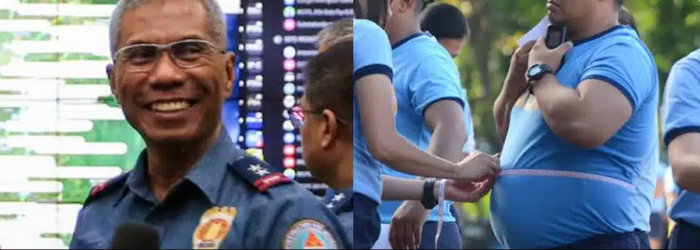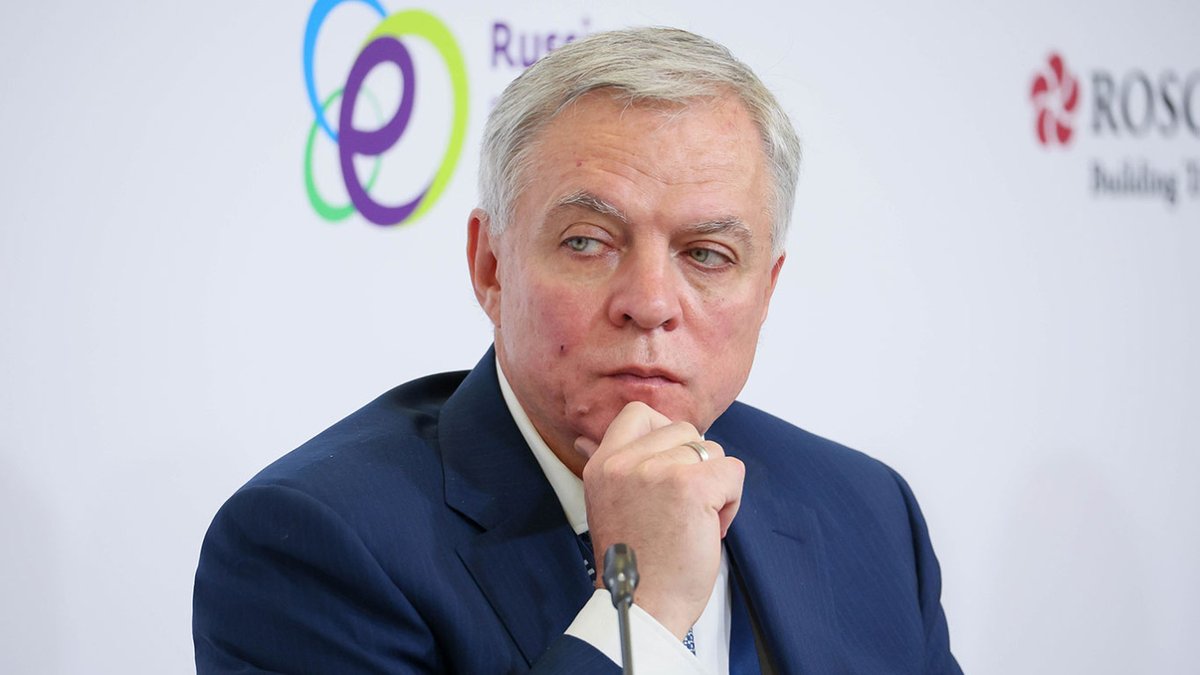
“Slim Down or Get Out”: Philippines Police Force Cracks Down on Overweight Officers in Bold Fitness Purge

In a country where discipline, order, and public trust are pillars of the law enforcement system, the newly appointed Chief of the Philippine National Police, General Nicolas Torre III, has sent shockwaves across the nation—and more directly, down the waistlines of the country's police force. In a firm, no-nonsense directive, the police chief has issued a stark ultimatum: lose weight within one year or lose your badge.
This unexpected move came to public attention during Torre’s candid interview on radio station dzBB, where he laid out the details of the controversial policy that has since ignited national debate. According to him, officers whose weight exceeds or falls below a five-kilogram buffer based on the standards of their height, age, and sex—guidelines informed by Republic Act 6975—will face consequences that may include dismissal from service or reassignment to administrative roles if medical exemptions apply.
General Torre did not mince words, underscoring that physical discipline is non-negotiable within the ranks of the police. His tone conveyed urgency, and his vision was unmistakably clear: the days of unfit and sluggish officers patrolling the streets—or worse, supervising them—are numbered. He insisted that the future of policing in the Philippines must be built on the foundation of both mental alertness and physical agility.
“We cannot expect the public to respect a force that cannot respect itself,” Torre asserted. “Fitness is not vanity—it’s a symbol of readiness, discipline, and commitment.”
While some are applauding this initiative as a much-needed step toward reform, others have criticized the plan as overly harsh, especially given the complex medical and psychological reasons behind weight gain. Nonetheless, the directive has already been formally communicated across all levels of the police hierarchy—from high-ranking generals to patrol officers on the beat.
The pressure is not just symbolic. Officers are being encouraged to begin tracking their Body Mass Index (BMI) immediately, and although the police leadership has refrained from mandating specific diets or fitness routines, the message is unequivocal: find a way to lose weight or prepare for professional consequences.
Brigadier General Jean Fajardo, spokesperson for the PNP, emphasized that this new policy reflects a broader vision of revitalizing discipline and morale within the force. “It is incumbent upon every police officer to maintain a physical appearance acceptable for a police officer,” she said in a press statement. “We want the public to look at a police officer and immediately feel a sense of safety and respect.”
She was quick to note, however, that the policy is not without compassion. For officers with medical challenges, the department is considering two alternatives: an honorable discharge on grounds of total disability or transfer to a desk-based administrative role. The final guidelines on how these exceptions will be handled are currently under consultation with the National Police Commission.
While some have taken to social media to support the initiative with memes and enthusiastic fitness pledges, others, particularly within human rights circles, are raising alarms over the possible implications. Concerns have been raised about discrimination, forced medical disclosures, and the mental health strain such a directive may impose on already stressed officers.
Critics argue that while fitness is essential, the execution of this policy might turn into public shaming or workplace bullying. Others have questioned how the force intends to support officers through the transition—will they be given gym access, dietary support, or wellness counseling, or is this merely a “sink or swim” policy?
Supporters, on the other hand, are hailing Torre’s approach as a bold and necessary shake-up of a force often plagued with public distrust. Over the years, the PNP has faced criticism over everything from corruption to abuse of power. For many, the image of an overweight, lethargic officer had become a metaphor for the system itself—slow, out of shape, and incapable of chasing both criminals and credibility.
For Torre, who took the reins with promises of transformation, this directive may just be the first of many sweeping changes. Insiders suggest that he is keen on rebranding the PNP entirely—from internal culture to public perception. The fitness mandate could very well be the first punch in a heavyweight battle against inefficiency and indiscipline.
Social media users have also weighed in, turning the issue viral with hashtags like #FitOrFired and #PNPWeightWatch. One user wrote, “Finally, police officers who can actually chase robbers instead of catching their breath.” Another offered a more somber take: “Being overweight doesn’t mean you're incapable. Let’s hope this doesn’t punish those who are already trying.”
The discourse has transcended police reform and opened up broader national conversations around workplace fitness standards, body shaming, and the fine line between accountability and discrimination. Meanwhile, officers across the country are reportedly scrambling to enroll in fitness classes, revamp their diets, or—in some cases—question whether the job is still worth the new weight of expectations.
The Philippine National Police is no stranger to internal reform programs, but this move is perhaps one of the most radical in recent memory. It touches not just on protocol or policy but on the physical bodies of the officers themselves—turning every police station into a kind of gym, and every weighing scale into a performance report.
What remains to be seen is how effectively this will be enforced, what the final numbers will look like after a year, and whether this transformation will truly improve the quality of policing or simply reshape it cosmetically. But one thing is for certain: the days of ignoring the physical readiness of those tasked with enforcing the law in the Philippines are over.
In a world where appearances often speak louder than intentions, General Nicolas Torre III is betting big on the belief that a leaner police force will command not just better performance—but also a deeper sense of respect. Whether this gamble will pay off or backfire remains to be seen, but until then, it’s crunch time—literally.


